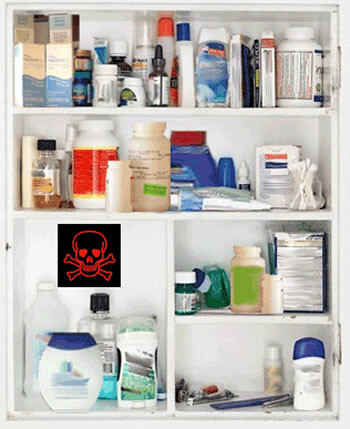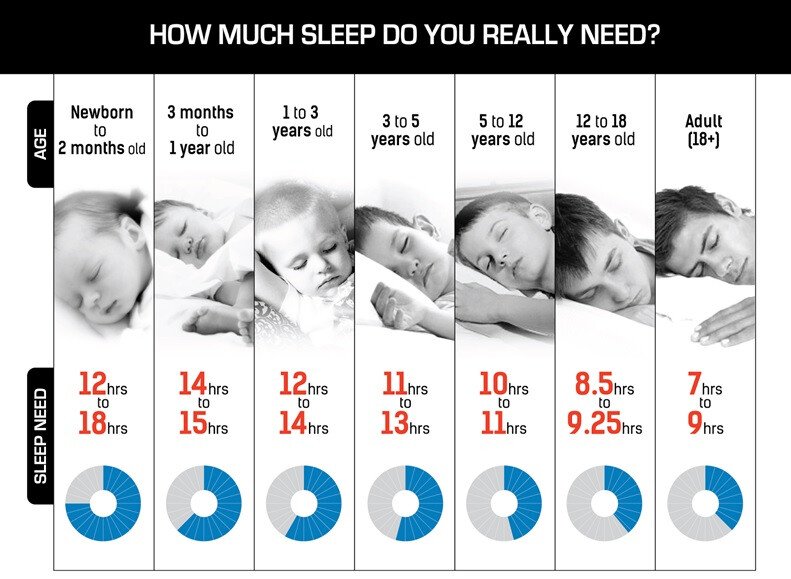
 DO WE ALL HAVE A SLEEP PIGGY BANK?
DO WE ALL HAVE A SLEEP PIGGY BANK?Recently one of my client's asked me if there was a way to catch up on lost sleep. This is a complicated question because the answer depends upon how long the pattern of not getting good sleep has been playing out.
If this is a short term sleep loss due of a few days or even a week of not sleeping 7 or 8 hours a night, the chances of catching up on your sleep in a week or two is totally possible.
If the issue is more chronic and the pattern of short nights with long days has been in effect for months or even years, the sleep bank account will be so much harder to balance.
The good news is that like all debt, with some work and time, sleep debt can be repaid. Be aware that the recovery could take a long time and won't happen in just one weekend of "catching up".
WHAT IS SLEEP DEBT?
Sleep debt is the difference between the number of hours you need each night and the amount you’re actually getting. Sleep debt begins to accumulate every night you skim off a few minutes or hours from your recommended sleep time.
Our bodies keep track and the reduced sleep ultimately leads to a foggy brain, worsened vision, impaired driving and trouble remembering. Chronic, long-term sleep debt effects include obesity, insulin resistance and heart disease. Many experts believe most Americans suffer from chronic deprivation.
Using coffee, tea or energy drinks as fuel to get through the extra hours of staying awake takes a big toll on our bodies.
Many of us mistakenly believe that we’ve trained ourselves to be “short-sleepers,” that we’re accustomed to receiving less than the recommended amount of sleep and function fine without it.
Unfortunately, this is simply untrue: the amount of sleep you need is largely determined by your genes, and therefore cannot be artificially altered — no matter how hard you try.
Sometimes we experience sleepiness, yet fuel ourselves with coffee, tea, or energy drinks. This may give us a few extra hours of staying awake but takes a toll on our sleep regularity. This course of driving yourself to the end of sleeplessness is not healthy.
Many people boast how little sleep they functioned on in the past week.
A poor sleeping pattern is nothing to boast about. Sleep quality and duration are two factors directly associated with levels of inflammation and illness.
Sleep debt is nothing but the difference between the hours you should be sleeping and the amount of sleep you get.
Now that you’ve realized you’re sleep deprived, let’s see if you can make up for the time lost.
.
CAN YOU CATCH UP ON YOUR SLEEP?
Research shows that if you sleep for four hours every night for six days, it is normal to experience high blood pressure and cortisol levels. However, this “short-term sleep loss” can be reversed. Remember, this is only for a short-term sleep deficit. But most of us fall under the chronic sleep offender’s category.
If you’ve lost an hour of sleep daily for the past year, you cannot fully recover from it. You're at great risk of encountering the following:
- Diabetes
- Obesity
- Cancer
- Heart disease
But the effects can be minimized by maintaining sleep regularity immediately. Sleeping for at least 8 hours a day is recommended. Also know that you cannot lose an hour of sleep for a few days and sleep on the weekend to make up for it.
THE BENEFITS OF GETTING ENOUGH SLEEP
The drawbacks of getting less sleep are posted everywhere on the internet. But what about the benefits of getting the right hours of sleep?
It may seem like you’re wasting time while sleeping when you could spend that time working. But what most people don’t realize is sleeping is just as important (if not more!) an activity you perform while awake.
Getting enough sleep lets you perform better and improves learning and memory capacity. People who get a full night's sleep are generally better at mental tasks. The more sleep you bank in, the sharper your brain is the next day.
Similarly, sleep is extremely important to keep yourself healthy. Getting more sleep keeps your immune from heart diseases, maintains your blood pressure and glucose levels, and helps you in maintaining a normal appetite. When you’re asleep, the body releases a hormone that helps you grow and repair cells and tissues. Also, getting adequate sleep is a great immunity booster.
SOME TIPS TO MAKE UP FOR LOST SLEEP
Remember, these tips are to make up for a few sleepless nights. Don’t make it a habit.
- Take a power nap of 20 minutes in the afternoon (between 1 pm to 2 pm).
- Get more sleep on the weekends. But don't wake up more than two hours past your normal bedtime.
Go to bed a little earlier the next night
___________________________________________________________________________________________________
Catherine and Elizabeth have been helping people detox their homes and choose to live green for over ten years. We say detoxification is a process, not a destination. New chemicals are constantly being introduced to the market and keeping them out of our homes is something we all must be very diligent about.














0 Comments